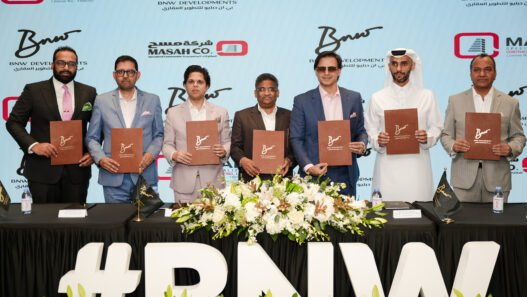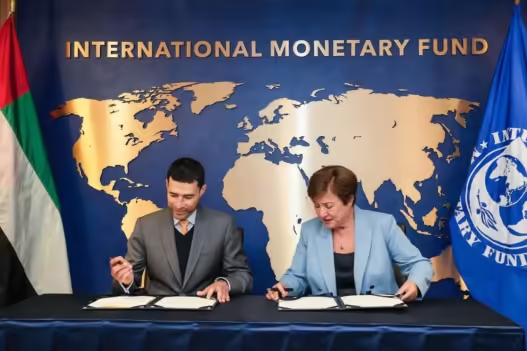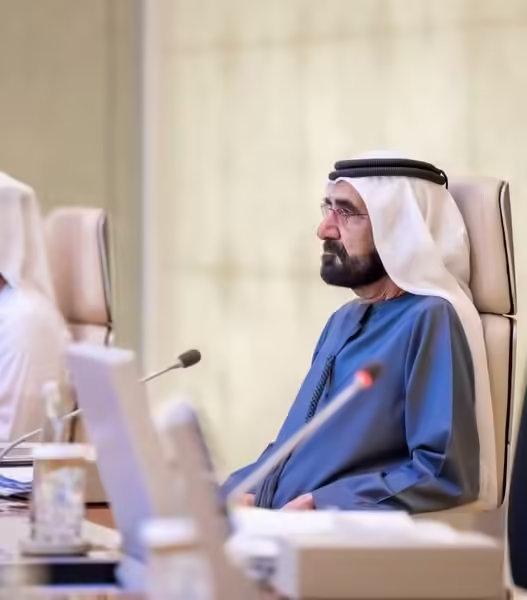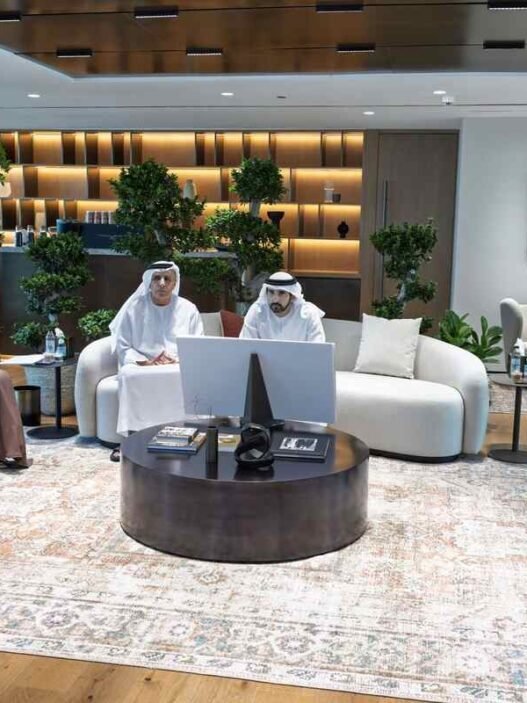At the annual meetings of the World Bank Group (WBG) and International Monetary Fund (IMF) in Washington, D.C., the UAE has announced two new agreements to support the IMF’s Poverty Reduction and Growth Trust (PRGT) and Resilience and Sustainability Trust (RST). These initiatives reflect the UAE’s commitment to global economic stability and sustainable development.
Key Delegation Members
Leading the UAE’s delegation is Mohamed Hadi Al Hussaini, Minister of State for Financial Affairs, alongside senior officials from the Central Bank of the UAE (CBUAE) and the Ministry of Finance (MoF). Prominent members include:
- Ibrahim Al Zaabi – Assistant Governor for Monetary Policy and Stability, CBUAE
- Ahmed Al Qamzi – Assistant Governor for Banking and Insurance Supervision, CBUAE
- Ali Abdullah Sharafi – Acting Assistant Under-Secretary for International Financial Relations, MoF
- Thuraya Hamed Al Hashemi – Acting Director of International Financial Organizations, MoF
The UAE delegation will remain in Washington until October 26, actively participating in discussions to foster global financial collaboration.
Strengthening Global Cooperation
Al Hussaini emphasized that the UAE’s participation in the WBG and IMF annual meetings provides an essential platform to exchange ideas and strategies for tackling global economic challenges. He expressed pride in signing these agreements with the IMF, underscoring the UAE’s dedication to poverty alleviation, sustainable development, and the resilience of emerging economies.
“These agreements reaffirm the UAE’s belief in international cooperation as a pathway to a sustainable and prosperous future. Through this initiative, we aim to empower low- and middle-income nations, enabling them to invest in green infrastructure and tackle climate-related challenges,” Al Hussaini stated.
$200 Million Commitment to PRGT
At the October 2023 IMFC meeting in Marrakech, Morocco, the UAE committed $200 million (AED 735 million) to co-finance the PRGT. This initiative supports concessional lending for low-income nations, aligning with United Nations Sustainable Development Goal 1, which focuses on eradicating poverty.
The PRGT, established in 2010, plays a crucial role in helping low-income countries navigate economic challenges like inflation, food insecurity, and rising debt risks. With 69 eligible countries, the PRGT provides interest-free loans, offering vital support to the world’s most vulnerable economies.
Additional $200 Million for Climate Resilience
The UAE also pledged $200 million to the Resilience and Sustainability Trust (RST) during the COP28 conference, scheduled to take place in Dubai from November 30 to December 12, 2023. This funding aims to bolster climate resilience and pandemic preparedness in low-income nations, empowering them to withstand future environmental and economic challenges.
The RSTF offers long-term financing with concessional terms, focusing on climate-vulnerable countries and addressing critical gaps in sustainability infrastructure.
Economic Outlook for UAE and the Region
During the 2024 IMF/WBG meetings, the IMF shared optimistic projections for the UAE and regional economies. The UAE’s real GDP is expected to hold steady at 4% in 2024, with growth projected to rise to 5.1% in 2025.
In the broader region, the IMF predicts economic growth of:
- 2.4% in 2024 and 3.9% in 2025 for the Middle East and Central Asia
- 1.8% in advanced economies in 2024 and 2025
- 4.2% in emerging markets and developing economies in 2024 and 2025
Conclusion
The UAE’s agreements with the IMF reaffirm the nation’s commitment to global development, economic resilience, and environmental sustainability. By supporting the PRGT and RST, the UAE strengthens its role as a leader in international cooperation, ensuring that vulnerable nations can access the resources needed to build a sustainable future.
These initiatives align with the UAE’s long-term strategy of promoting financial stability, sustainable growth, and climate action, making it a key player in shaping the global economic landscape.














